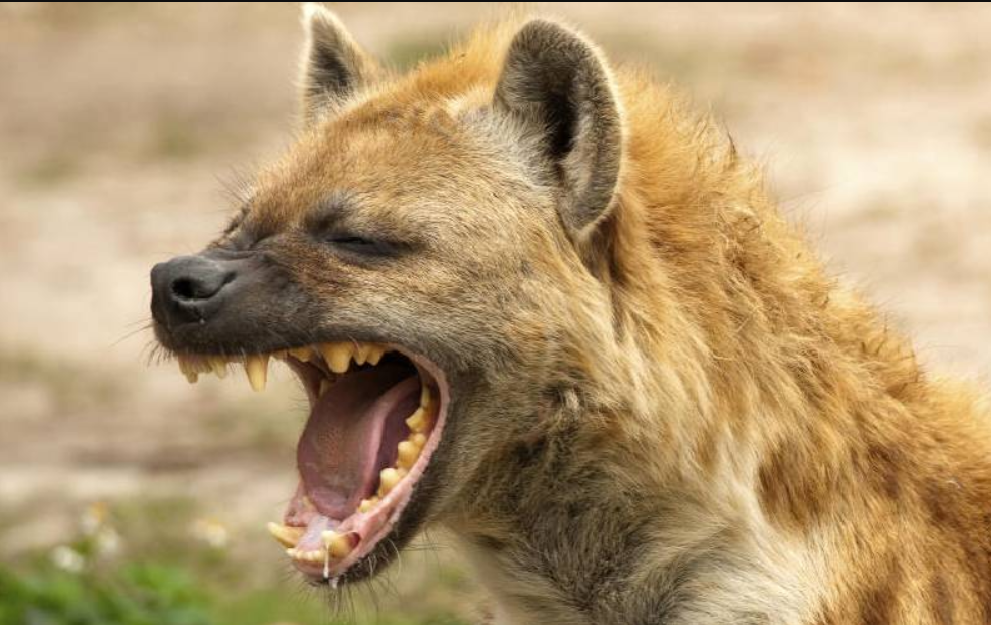A group of Juja residents in Kiambu County are upset with the advice given by the Kenya Wildlife Service (KWS) on how to handle encounters with hyenas.
Following a series of attacks that claimed the lives of two children and an adult in the last 40 days, KWS shared seven tips on social media regarding hyena encounters.
One key piece of advice from KWS urged individuals not to run, avoid showing fear, and attempt to stay calm by communicating with the hyenas.
However, this particular suggestion has triggered discontent among the Juja residents.
Monicah Wanjira, a concerned resident, questioned the practicality of talking to a killer hyena. She emphasized, “The animal’s intent is to kill and eat your flesh.
How on earth do you talk to it? The animal is seeking food, and you have to protect yourself.
You cannot muster the courage to engage in conversation with an enemy, how?”
John Kimani, another resident, argued that it is natural for people to run for their lives when faced with a wild animal attack.
“Normally, when you see hyenas, you will run as fast as you can to save your life.
You can’t stand and wait for them to maul you; it’s impossible,” he acknowledged.
While acknowledging the residents’ concerns, Kimani suggested that KWS officers should locate and relocate the killer hyenas to protected zones, away from residential areas, or consider euthanizing them.
In response to the community’s apprehension, KWS boss Fredrick Kisela, overseeing Ol Donyo Sabuk National Park, reassured Juja residents.
He informed them that several traps had been strategically placed to capture the hyenas, with some already successfully caught. Kisela urged residents to remain calm as they work to address the situation.
The most recent incident involved the tragic death of a 10-year-old boy attacked by hyenas, with his remains discovered in Gwa Kigwi village in Juja on January 3, 2024.
